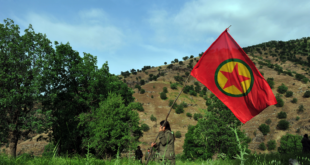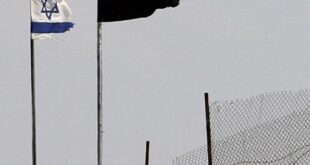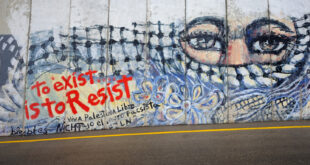Lebanon
Prime Minister-designate Mustapha Adib resigned this week citing failure to form a new government amid political gridlock. Lebanon has been without an empowered government since the cabinet resigned in August in the wake of the deadly Beirut port explosion. Crisis Group expert Heiko Wimmen says while political elites fight over influence in the forthcoming government, the economic crisis is deepening, desperately needed reforms have been postponed and the threat of civil unrest is looming (see the latest edition of CrisisWatch). Security incidents across the country in recent weeks have shown the abundance of weapons as well as idle young men to wield them. As state capacity recedes, turf wars among local armed groups may become far more widespread.
NAGORNO-KARABAKH
Following heightened summer tensions, the severest military escalation between Armenia and Azerbaijan since the 1994 ceasefire erupted as Azerbaijani forces crossed several key locations of the 200km-long front line of Nagorno-Karabakh’s conflict zone (see the latest edition of CrisisWatch). Dozens have been killed on both sides. Crisis Group expert Olesya Vartanyan says that while flare-ups in fighting are not uncommon, this round of violence appears to be of a different magnitude, involving tanks, artillery, jets, drones and infantry. International actors failed to reignite diplomatic efforts aimed at de-escalation following deadly clashes in July, leaving persistent tensions unaddressed. Given the scale of fighting this week, the task of pacifying this dangerous situation has become even more challenging.
 Eurasia Press & News
Eurasia Press & News



